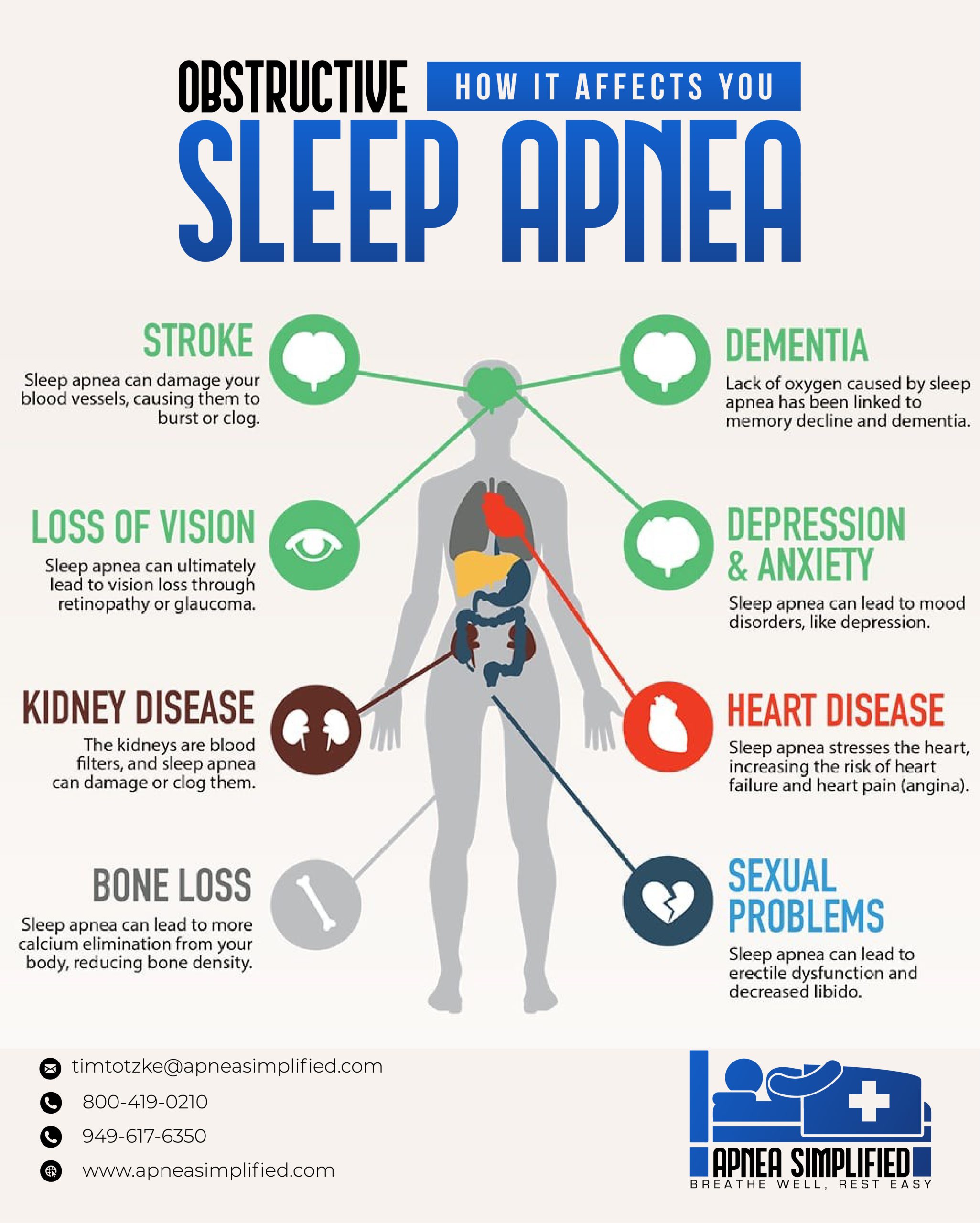What Is Sleep Apnea?
Sleep apnea is a disorder characterized by repeated obstruction of airflow through the nose during sleep. It can be caused by a variety of factors, including major surgery, age, and ethnicity.
Sleep apnea affects up to 50% of adults over the age of 40. It results when dangerous pauses in breathing occur during sleep. These pauses can last for up to 60 seconds and can cause significant daytime fatigue and health problems. In some cases, this may be the underlying cause of other health problems, such as obesity and heart disease. untreated sleep apnea can also lead to functional impairment and even death.
Sleep apnea is a syndrome that occurs when an individual’s respiratory passages close off during sleep, preventing them from getting enough oxygen. The most common type of sleep apnea is obstructive, which means that the upper airway (the nose and throat) blocks the flow of air. This can cause people to stop breathing at night, and can lead to a number of health problems.
There are many factors that can contribute to sleep apnea, including genetics, weight, and allergies. Sleeping on your back increases your risk significantly. Other causes can include:smoking, exposure to air pollution, IBD (inflammatory bowel disease), fibromyalgia, and nerves damage from a head injury or dental procedures.
There is no one-size-fits-all solution for sleep apnea, but there are some simple things that you can do to improve your chances of success. Sleep apnea is more common in men than women, but it can occur at any age. If you are sleep apnea-prone and want to improve your health, there are a few things that you need to do. Make sure that you get enough quality sleep. maintain healthy habits such as keeping a healthy weight and avoiding alcohol or tobacco consumption. If followed correctly, these measures will help reduce the risk of many chronic diseases.
If you are experiencing any of the following symptoms frequently while sleeping, you may have sleep apnea: loud snoring, rupted breathing during sleep, fatigue during the day after sleeping, unexplained weight gains or loss, or long-term headache. Because untreated sleep apnea can cause significant health problems, it is important to diagnose sleep apnea as soon as possible.











